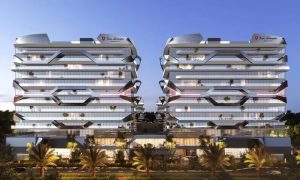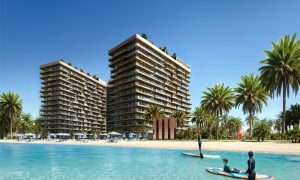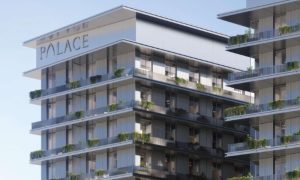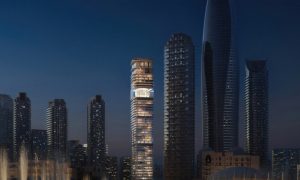Abu Dhabi Q3 Market Review
JLL reviews how Abu Dhabi’s office and residential market performed in Q3 of 2018

Ghadan 21 is a three-year, $13.6bn Abu Dhabi Government programme aimed at boosting the economy through investment in four main areas: business & investment, society, knowledge & innovation and lifestyle. The first tenet was launched in September, with the aim of creating an attractive environment for enterprise growth, developing the private sector and stimulating industry projects.
Main pillars of Ghadan 21 include supporting small and medium enterprises by allowing start-ups to launch without a physical address and developing a new economic licensing system to facilitate issuance of business licenses. We expect these initiatives to boost overall commercial activity and improve the competitiveness of the business environment in Abu Dhabi in the long term.
Aldar has announced the launch of Aldar Investments, a subsidiary with around 5.4bn of real estate assets which has since raised a $500m sukuk dual listing on the Abu Dhabi Securities Exchange (ADX) and the Irish Stock Exchange.
Residential rents and sales prices have continued to decline as anecdotal evidence suggests that vacancies are increasing. This is partly due to subdued demand as a result of job losses and cuts in housing allowances.
Office rents remained stable in Q3, despite the decline in demand. However, the delivery of additional supply at a time of weaker demand is expected to place downward pressure on rents in the medium to long term.
Office Sector Supply and Performance
No deliveries took place in Q3, with total office stock remaining at approximately 3.7m sqm GLA. Approximately 38,000sqm of office GLA is expected to enter the market by the end of 2018 with the delivery of United Square in Khalidiyah, among others. Deliveries in 2019 are expected to be less than 50,000sqm, as developers remain cautious due to subdued demand.
Headline rentals for both grade A and grade B office space have remained stable over the past quarter but have fallen by 3.5% and 12.6% respectively over the past year. Rates for shell and core offices, exclusive of service charge, are averaging $462 per sqm for grade A and $245 per sqm for grade B stock.
Demand for office space remains limited, with some companies downsizing to smaller units. Many companies are also seeking second-hand fitted space as opposed to shell and core space, to reduce their capital costs. As a result, we expect average rentals to continue to decline over the next 12 months.
Residential Sector Supply and Performance
The UAE’s decision to allow 10-year visas for expats and 100% foreign ownership in companies located outside of free zones, is expected to provide a positive stimulus to the economy over the medium term. The law, which will take effect in 2019, outlines qualification requirements, which include a property worth $545,000, financial savings greater than $273,000, or an active income of more than $5,400 per month. Long-term visa security should increase the investor pool and extend the market cycle with longer term hold periods.
Approximately 832 units were delivered in Q3, bringing total residential stock to approximately 255,000 units. Deliveries include Faya in Bloom Gardens, Al Nour Residential Building in Reem Island and the remaining Hidd Al Saadiyat villas.
Approximately 4,000 residential units are currently scheduled to enter the market by the end of 2018, mainly in Reem Island, Yas Island and Al Raha Beach. However, we expect a portion of this supply to be delayed at the final stages of approvals and handover.
Apartment rents declined a further 2% q-o-q to an average of $34,570 p.a. This translates into a 6% decline y-o-y. As more completions materialise towards the end of the year, residential vacancies are expected to increase, causing further rental declines.
Similarly, the sales market continued to soften with average prices for prime villas falling 2% in Q3 (14% yo-y) and apartments falling 3% (12% y-o-y), to approximately $2,900 per sqm for both apartments and villas.
Liquidity has been affected by weakened sentiment, causing further pressure on prices. Mortgage costs are also increasing, which affects the rent-buy equation. However, with the 10-year visa law taking effect in 2019, we anticipate a healthier market appetite in the long run.























